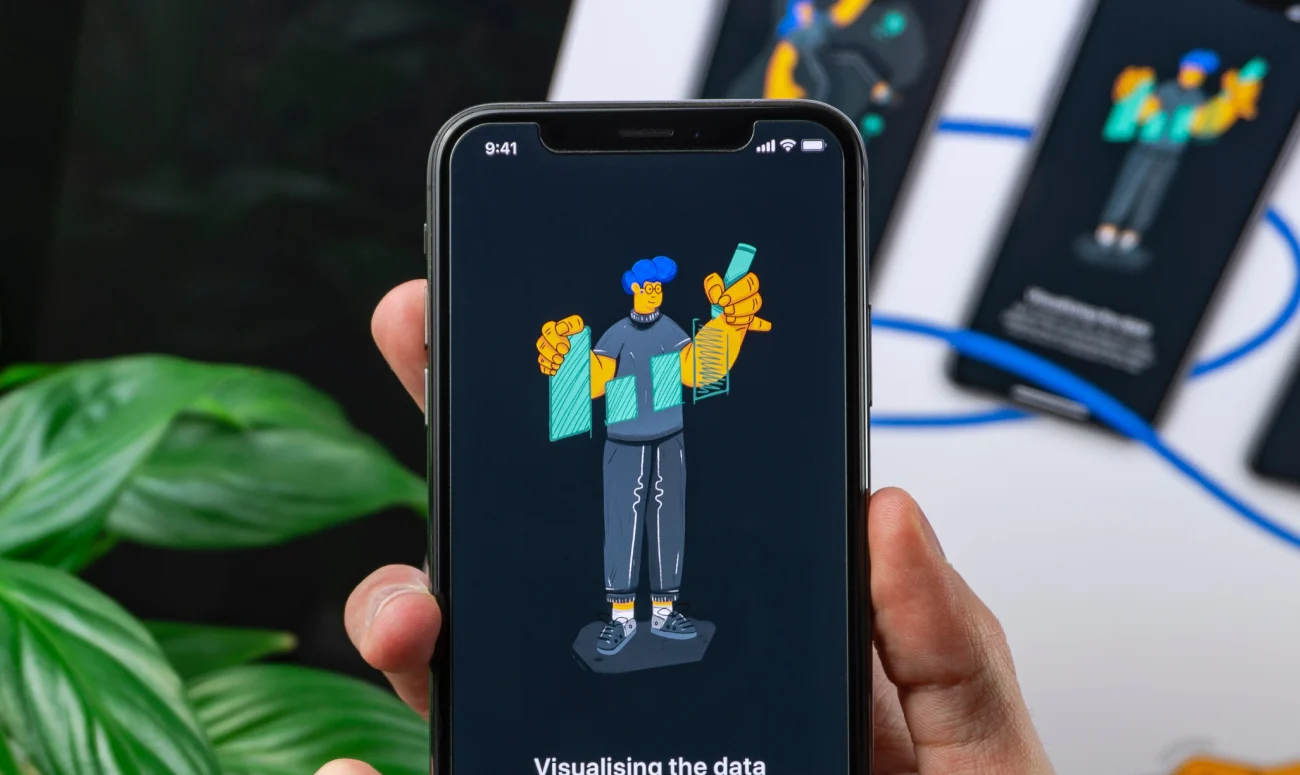A Comprehensive Guide to Mobile Application Development
Mobile application development has become a cornerstone of the digital age, enabling businesses and individuals to reach audiences through innovative and interactive platforms.
Whether you’re developing an app for iOS, Android, or both, understanding the process and choosing the right developers is crucial for success.
This comprehensive guide will take you through the essential aspects of mobile app development, from selecting the right platform to launching and maintaining your app.

Understanding Mobile Application Development
Mobile application development involves designing and building software specifically for use on mobile devices such as smartphones and tablets.
These apps can be native (built specifically for a single platform), hybrid (a mix of native and web technologies), or web apps (designed to run on a web browser within a mobile device).
Types of Mobile Apps:
- Native Apps
Built for a specific platform (iOS or Android) using platform-specific languages like Swift for iOS and Kotlin for Android.
- Hybrid Apps
Created with web technologies such as HTML, CSS, and JavaScript, and then packaged in a native container.
- Web Apps
Mobile-optimized websites that look and feel like an app but run on a browser.
iOS vs. Android: Which Platform to Choose?
When deciding between iOS and Android for app development, consider the following factors:
- Audience Reach
Due to its leading global market share, Android offers a significant opportunity for reaching a wider audience. However, iOS users are often more engaged and willing to spend on apps, which could be beneficial depending on your target market.
- Development Costs
Developing for iOS typically involves fewer device variations, which can streamline the development process. On the other hand, Android’s diverse range of devices may increase development and testing efforts.
- Revenue Potential
iOS users generally spend more on apps, which can lead to higher revenue potential. If your app aims to generate significant revenue through in-app purchases or subscriptions, iOS may be the preferred platform.
Integrating Backend Services
A robust backend is essential for managing data, user authentication, and server-side logic in mobile apps. Here’s why integrating backend services is crucial:
- Data Management
Backend services handle the storage, retrieval, and management of user data, ensuring that your app operates smoothly and efficiently.
- User Authentication
Implementing secure authentication methods, such as OAuth or JWT, helps protect user accounts and sensitive information.
- Scalability
A well-designed backend infrastructure can handle increasing numbers of users and growing data volumes, ensuring that your app remains performant as it scales.
Common Backend Technologies for Mobile Apps
- Node.js
A popular JavaScript runtime that enables scalable and high-performance backend development. It’s often used in conjunction with frameworks like Express.js.
- Firebase
A comprehensive platform by Google that offers real-time databases, authentication, cloud storage, and other backend services. It makes backend development easier and works smoothly with mobile apps.
- AWS (Amazon Web Services)
A cloud computing platform providing a wide range of backend services, including computing power, storage, and databases. Known for its robust scalability and consistent reliability, AWS stands out in the cloud computing landscape.
Trends in Mobile Application Development
To achieve cutting-edge innovation and stay competitive in mobile app development, staying updated with current trends is crucial.
Here are the key trends shaping the future of mobile app development:
- Artificial Intelligence (AI)
AI technologies, such as machine learning and natural language processing, are being integrated into mobile apps to offer personalized experiences, enhance user interactions, and automate tasks.
- Augmented Reality (AR)
The immersive power of Augmented Reality (AR) merges digital content with reality to enhance user experiences. Applications in gaming, retail, and education are leveraging AR to create engaging and immersive experiences.
- 5G Technology
5G technology is set to revolutionize mobile applications by providing dramatically faster data transfer rates and minimal delays. This technology will enable more data-intensive and real-time applications.
- Iot Integration
The Internet of Things (IoT) connects various devices and sensors, allowing mobile apps to interact with smart home systems, wearables, and other connected devices, expanding the possibilities for app functionality.
Final Thoughts
Mobile application development is a dynamic and multifaceted field that requires careful consideration of various factors, including app types, platforms, backend services, and emerging trends.
By understanding these aspects and staying abreast of the latest technologies, you can develop mobile applications that meet user expectations and drive business success.
FAQS
Native apps are built specifically for a single platform (iOS or Android), using platform-specific languages, while hybrid apps are developed using web technologies and can run on multiple platforms with a single codebase.
iOS offers advantages such as enhanced security, a consistent user experience, and higher revenue potential. It’s often preferred for apps targeting a premium audience.
Look for developers with relevant experience, a strong portfolio, and good communication skills. Depending on your needs, you may want to hire a specialist in iOS, React Native, or Ionic development.
Key trends include the use of AI, AR, and the rollout of 5G technology, all of which are driving innovation in mobile apps.
Ensure success by regularly updating your app, addressing user feedback, and employing a strong marketing strategy to attract and retain users.

